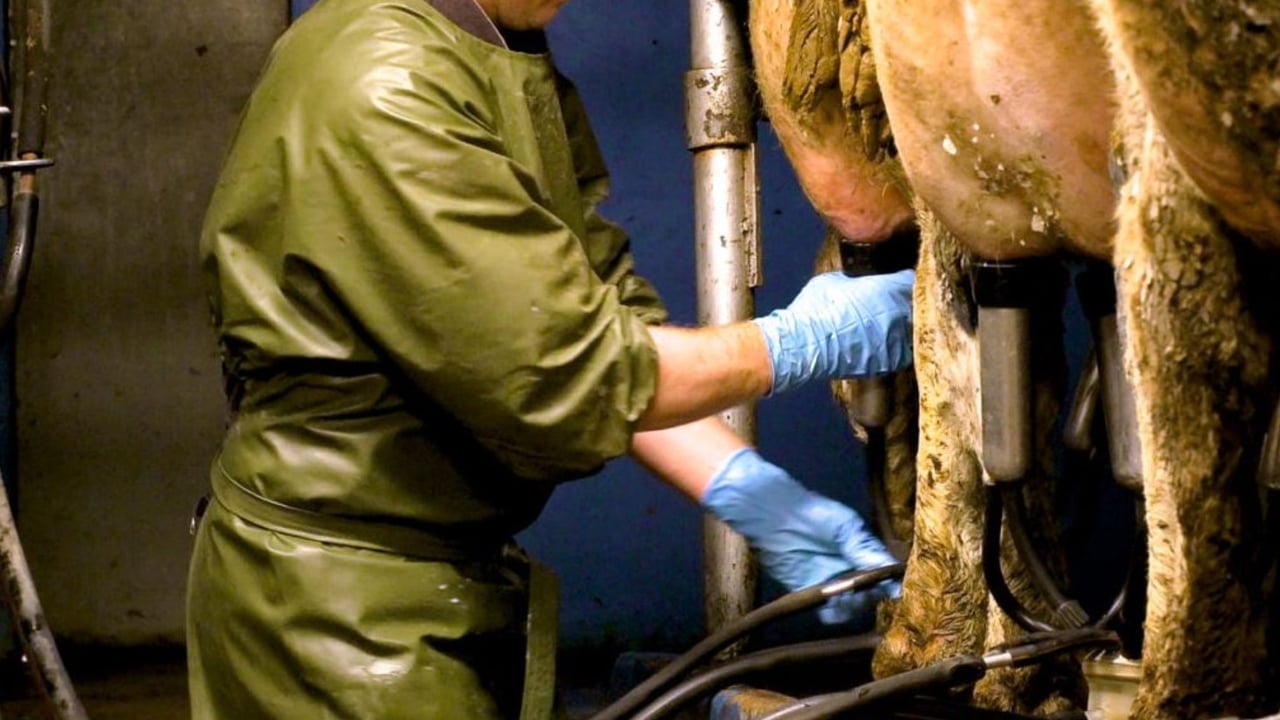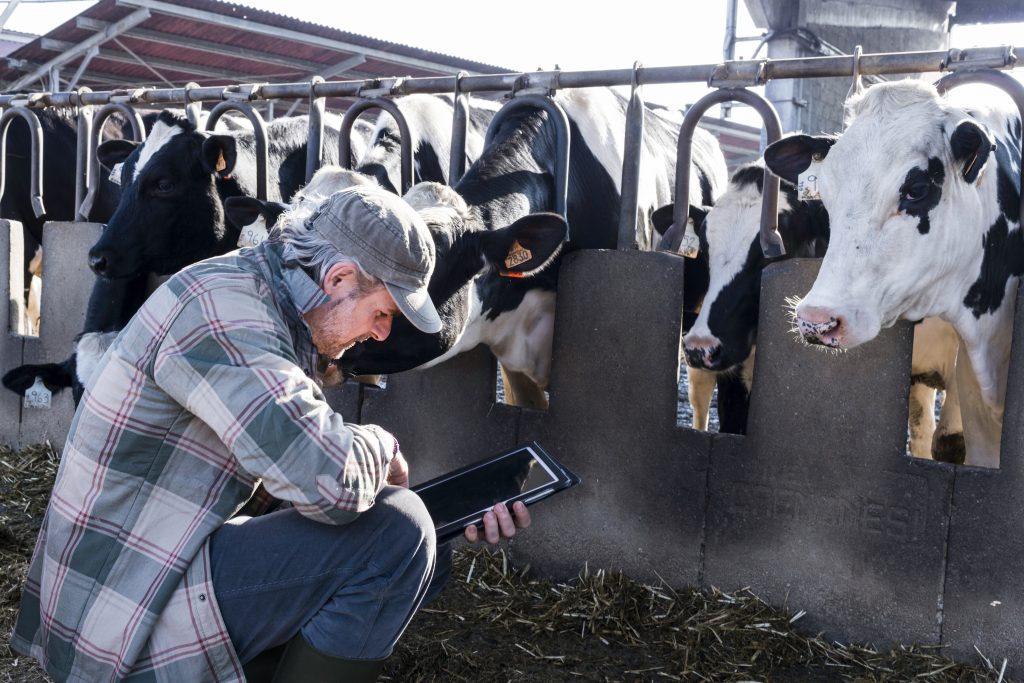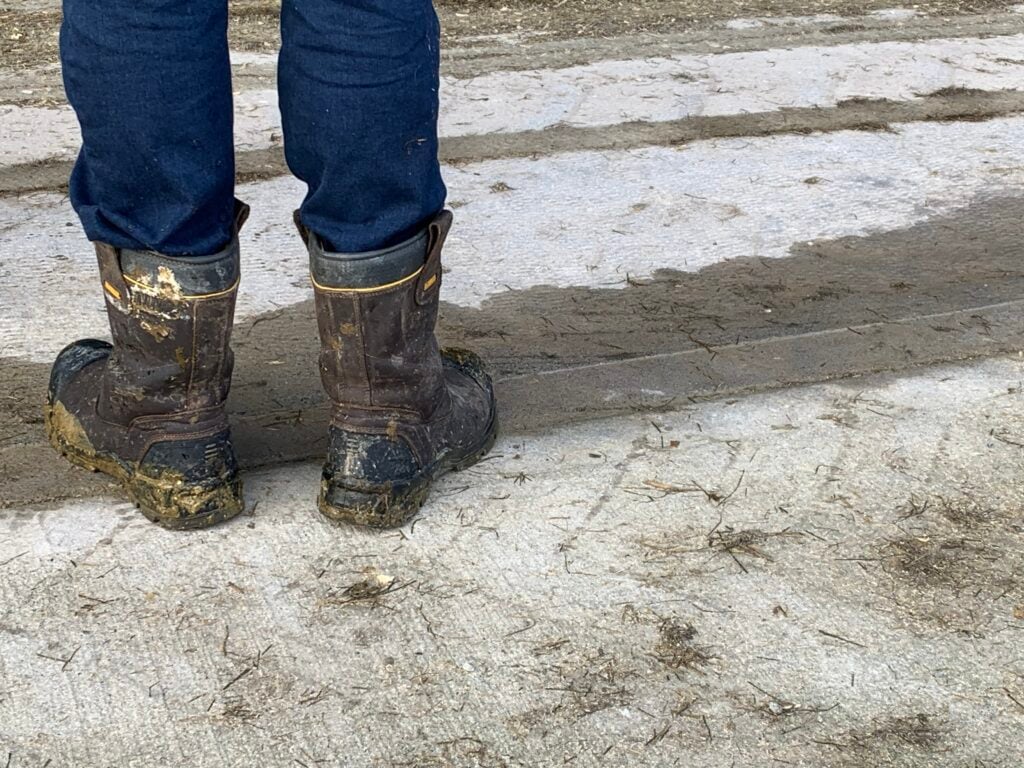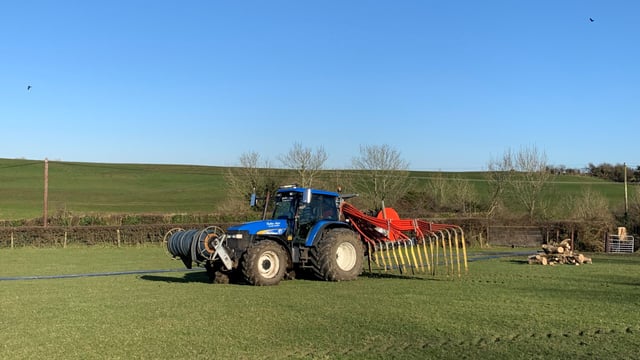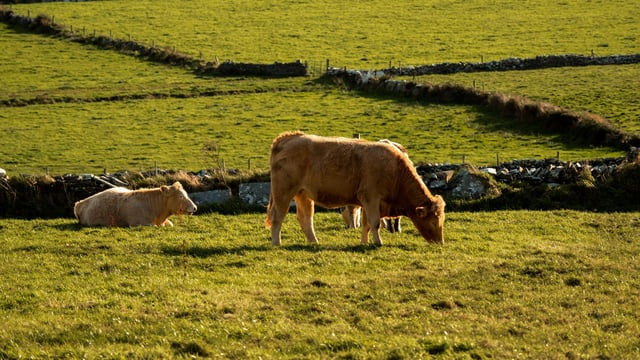Time to start thinking about hiring staff for the spring
With the poor weather over the last week, cows will be coming in for full-time housing in the blink of an eye.
Once cows are in, farmers will not feel it until they are setting up for spring again, so looking at options such as hiring staff should be on the to-do list now.
With tight margins and labour shortages in the dairy sector, farmers may struggle to hire good staff for the milking season.
But as herds have expanded and breeding has improved, compact calvings have become more and more popular, putting large pressure on solo operators during the calving season and emphasising the need for extra hands.
Staff
You may be thinking that it is far too early to be even considering hiring staff, with the calving season still three months away.
But when you rule out Christmas, and get caught up in other jobs, you will not feel those few months slip by.
Before you know it, everyone will be looking for workers and struggling to find them.
By getting ahead of the game now and lining up staff, even if its only a verbal contract with the young lad or lady down the road, you can drive efficiency next spring and prevent having to carry an overbearing workload.
A lot of farmers may have their children around to help out, but this often is only a coping mechanism that allows the farmer a chance to catch up on work they fell behind on during the week while the kids are in school or college.
Many other farmers have no interest in hiring staff. This is completely fine if that is the way you work, but if it is for financial reasons, you should reconsider.
The majority of relief milkers cost between €60-€80 per milking - this varies greatly depending on experience, herd size, parlour set-up, and location.
If you are paying €80 a milking, you can set aside €5,000 from this year's cull cows, and get over 60 milkings in the busy spring months.
It may seem like a lot with margins squeezing in, but with the time saved, you will see improved performance.
That extra time allows cows more time at grass which will directly boost solids.
In addition, cows are more likely to be milk recorded, breeding improves, calf health improves, among other benefits, all of which save costs and boost profits, essentially making back a good chunk of the money spent on labour.
Hiring
When hiring staff, be upfront with them about what their role is going to consist of and how long they will be needed for.
Staff need to know if you are only going to want them for to feed calves during the calving season, or if you are going to want them to milk for the year.
You also need to be honest and flexible about their hours, roster, and availability for time off. The farm is your business so you are happy to put in the long hours, but for them it is just a job.
Most farm staff will automatically be conscious that, on a farm, something will always go wrong, and be flexible to work with that,
The farm needs to be an attractive workplace, so consider developing a standard operating procedure for jobs on your farm, this will also help you in in term of getting the jobs done to your desired standard.
The calving season is a stressful time with long hours and little sleep, but if you are hiring young farmers, try to stay calm with them and teach them the best practices rather than getting annoyed.
Remember, everybody has to start somewhere.

